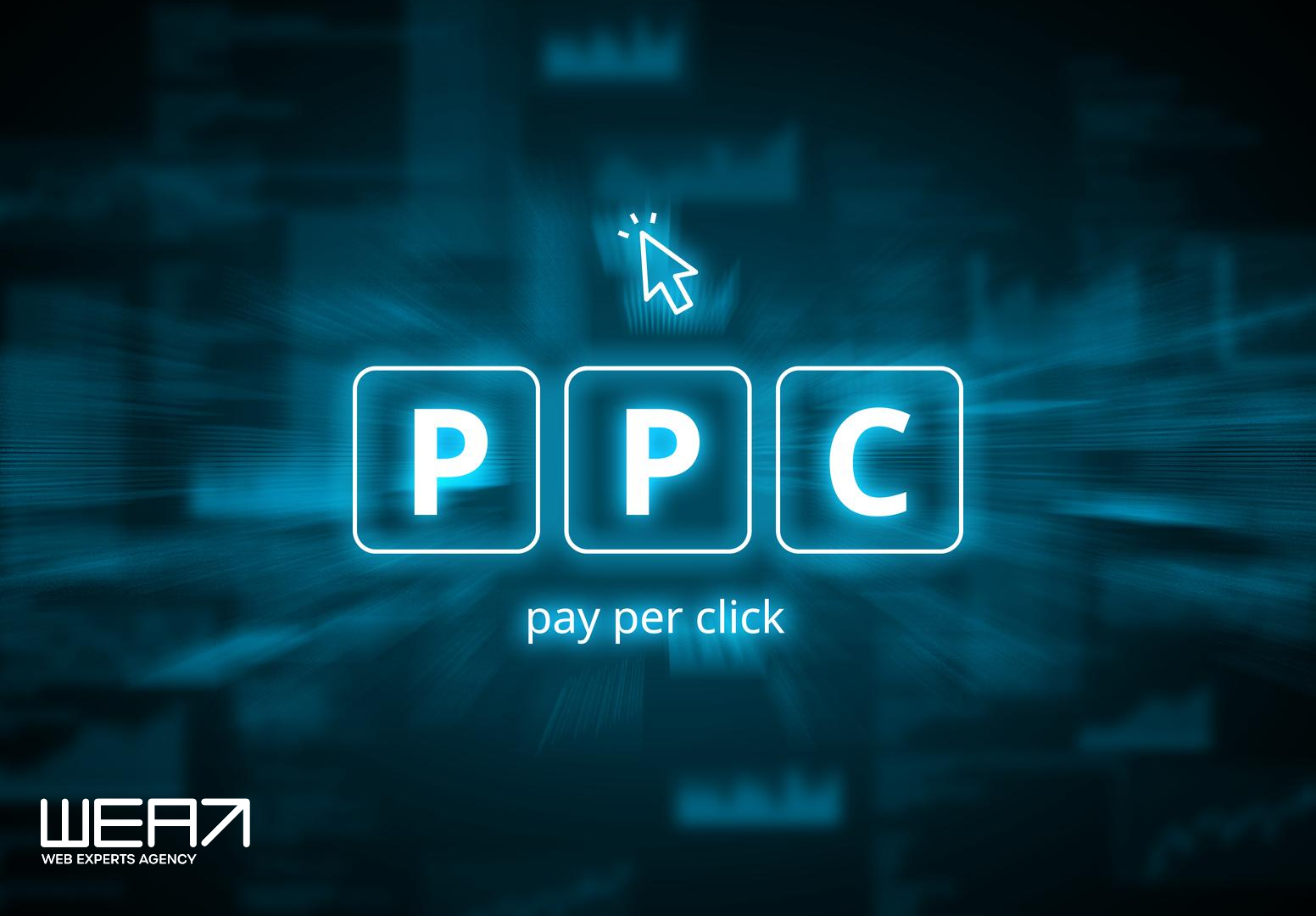
Introduction
In the fast-paced digital landscape, where every click matters, PPC (Pay-Per-Click) advertising has emerged as a formidable tool for businesses to connect with their target audience. Approximately one-third of businesses employ PPC to directly market products to consumers. At the heart of the success of any PPC campaign lies meticulous keyword research. Keyword research isn’t just a preliminary step; it’s the compass guiding your entire advertising journey. You can choose keywords that resonate with potential customers by understanding your audience and their search habits. This precision ensures that your ads are not just seen but are seen by the right people at the right time.
Moreover, PPC keyword research minimizes wasted ad spend. You maximize your return on investment by uncovering the most relevant and negative keywords that should be excluded. Businesses generate a $2 return for every $1 invested in PPC. In a world where competition is fierce and budgets are limited, the significance of PPC keyword research cannot be overstated. It’s the foundation upon which successful PPC campaigns are built, and it can be the difference between a thriving ad campaign and a costly one.
The Power of PPC Keyword Research
PPC keyword research is the bedrock upon which victorious advertising campaigns are erected. It serves as an unwavering compass, expertly navigating your endeavours to ensure your message reaches the most receptive audience. Yet, its might is often underestimated, potentially diminishing your desired results. This practice is not merely a preliminary step; it is the fulcrum upon which the fate of your campaigns pivots. The thorough comprehension of its potential separates fruitful and lacklustre endeavours.
Why is it so potent? It’s because, at its core, PPC keyword research enables you to understand your audience intricately. It unveils the keywords that resonate deeply with your potential customers, paving the way for a more efficient and precise outreach. It transforms your ad campaigns from the mundane to the extraordinary, making your message visible, compelling, and timely.
Without grasping the transformative power of PPC keyword research, you risk drifting aimlessly in the turbulent waters of digital advertising, missing the shore where your desired results await. Companies will allocate $190.5 billion for global search advertising expenditures in 2024. It’s not just a component of your campaign; it is the cornerstone of your success, dictating whether your marketing endeavours flourish or falter.
Beyond the Basics:
Basic keyword brainstorming is the foundation of any PPC (Pay-Per-Click) advertising campaign, but to truly excel in keyword research, one must venture into advanced techniques. In this section, we’ll embark on a journey to explore creative, out-of-the-box methods that can elevate your research to new heights, ensuring that your keyword selection is as precise and effective as possible:

-
Advanced Keyword Brainstorming Techniques
While basic keyword brainstorming is fundamental, advanced methods can propel your research to the next level. These techniques are not only creative but also exceptionally strategic. One such approach is the art of “mind mapping.” It involves creating a visual representation of keyword ideas, their connections, and the potential variations. It helps uncover new keyword possibilities and provides a comprehensive view of how they interconnect, which can be invaluable for campaign structuring.
Additionally, customer surveys are a goldmine of insights. You can glean information about their language when directly engaging with your target audience when searching for products or services. It reveals potential keywords and the specific wording and phrases that resonate with your audience. It’s like having your customers hand you the keywords they want to see in your ads.
-
Unconventional Keyword Sources
In PPC keyword research, thinking outside the box can be a game-changer. Beyond traditional keyword research tools, there’s a treasure trove of valuable insights in unconventional sources. Forums, for example, provide rich information about what your audience is discussing and seeking. Participating in relevant forums allows you to identify emerging keywords and trends that may not appear in standard keyword research tools.

Social media is another unconventional yet powerful resource. Platforms like Twitter, Instagram, and Facebook teem with conversations, discussions, and trending topics. Monitoring these platforms can offer real-time insights into the keywords and phrases that capture your audience’s attention.
Perhaps one of the most underutilized sources of keywords is customer feedback. Whether through reviews, customer service interactions, or surveys, your customers often express their needs, pain points, and desires in their own words. Mining this feedback can uncover keywords that are not only relevant but also emotionally charged, making your ads more compelling.
-
Competitor Analysis
Your competitors can be your most valuable mentors in PPC advertising. Competitor analysis can be a powerful tool in shaping your keyword strategy. It involves dissecting your rivals’ ad campaigns and keyword strategies. You can gain priceless insights into what works in your industry by reverse engineering their success. Analyze the keywords they target, the ad copy they use, and the landing pages they direct traffic to. What themes and trends emerge? Which keywords consistently appear across competitors? These observations can inform your keyword research and provide a clear campaign direction.

By adopting advanced keyword brainstorming techniques, exploring unconventional sources, and learning from your competitors, you can unlock the full potential of PPC keyword research. These strategies enhance the depth and breadth of your keyword selection and set the stage for more successful and innovative ad campaigns. In the ever-competitive digital landscape, staying ahead requires thinking beyond the basics and embracing the full spectrum of keyword research possibilities.
-
Long-Tail Keywords: The Hidden Gems
In the realm of PPC (Pay-Per-Click) advertising, the significance of long-tail keywords often goes underestimated. These extended and particular keyword phrases can be a secret weapon in your PPC strategy. In this section, we’ll uncover the importance of long-tail keywords, how to unearth them, and the edge they provide:
-
The Importance of Long-Tail Keywords
Though often overlooked due to their lower search volumes, long-tail keywords play a pivotal role in delivering highly relevant results. These phrases are exact, aligning closely with what potential customers are searching for. By targeting long-tail keywords, your ads resonate with individuals closer to making a decision. This precision often leads to higher conversion rates and more efficient ad budget allocation.
-
Identifying Long-Tail Keywords
To identify long-tail keywords, understand your audience and their search behaviours. Put yourself in their shoes to envision the specific phrases they might use when searching for your products or services—additionally, leverage keyword research tools to discover relevant long-tail variations.
-
Gaining a Competitive Edge
Long-tail keywords provide a competitive advantage. With lower competition, your ads can stand out more effectively. Moreover, they are often cost-effective, offering a better return on investment. By incorporating long-tail keywords into your PPC strategy, you tap into a pool of potential customers who are closer to making a decision, gaining a competitive edge, and optimizing your ad spend for maximum ROI.
-
Structuring Your Keywords: The Art of Grouping
Organizing your keywords can make all the difference in the intricate world of PPC (Pay-Per-Click) advertising. This section delves into the art of keyword grouping, emphasizing its pivotal role in constructing successful ad campaigns and ad groups:
-
The Importance of Structured Keywords
Structuring your keywords is not just a matter of neatness; it’s about enhancing the effectiveness of your campaigns. By organizing keywords into thematic groups, you create a system that ensures your ads are shown to the most relevant audience. This precision maximizes click-through rates and overall campaign performance.
How to Structure Keywords
To structure your keywords effectively, begin with a deep understanding of your products, services, and target audience. Then, sort your keywords into categories that reflect these aspects. For example, if you’re a shoe retailer, you might have groups for “running shoes,” “casual shoes,” and “hiking boots.” You can further refine your keywords within each group to match specific product variations or audience segments.
By organizing your keywords this way, you can tailor your ad copy, landing pages, and bidding strategies to each thematic group, ensuring that your ads are as relevant as possible to the searcher’s intent.
The art of keyword grouping bridges extensive keyword research and effective ad campaigns. It transforms data into actionable strategies, enhancing the relevance and efficiency of your PPC efforts and ultimately contributing to the success of your digital marketing endeavours.
Conclusion
Keyword research isn’t just a starting point; it’s the strategic roadmap guiding your advertising journey. Understanding your audience and their search behaviours allows you to select keywords that resonate with potential customers. This precision ensures your ads aren’t just visible and seen by the right individuals at the right moment. Moreover, effective PPC keyword research is about aligning strategies with your organization’s unique needs and goals. It’s about choosing techniques that work for your business. This tailored approach minimizes ad spend wastage, maximizing your ROI.
But it doesn’t end there. PPC keyword research is an ongoing process. It’s about keeping a watchful eye on changing market dynamics, search trends, and audience behaviours. Staying on track ensures that your campaigns remain relevant and competitive. In a fiercely competitive digital landscape with budget constraints, the significance of PPC keyword research cannot be overemphasized. It’s not just the foundation upon which successful PPC campaigns are built but the compass that steers your business towards advertising success.
FAQS
Q. What are the potential risks or pitfalls to be aware of when conducting PPC keyword research?
A. Potential risks in PPC keyword research include overspending on irrelevant keywords and missing valuable long-tail keyword opportunities.
Q. What are some common misconceptions or myths about PPC keyword research?
A. Common misconceptions about PPC keyword research involve believing that more keywords are always better and that high search volume keywords guarantee success.
Q. What are the best practices for structuring and organizing keywords in PPC campaigns to maximize effectiveness?
A. Best practices for structuring keywords in PPC campaigns involve creating thematic groups, aligning keywords with specific ad copy and landing pages, and continuous monitoring and optimization for relevance and performance.




